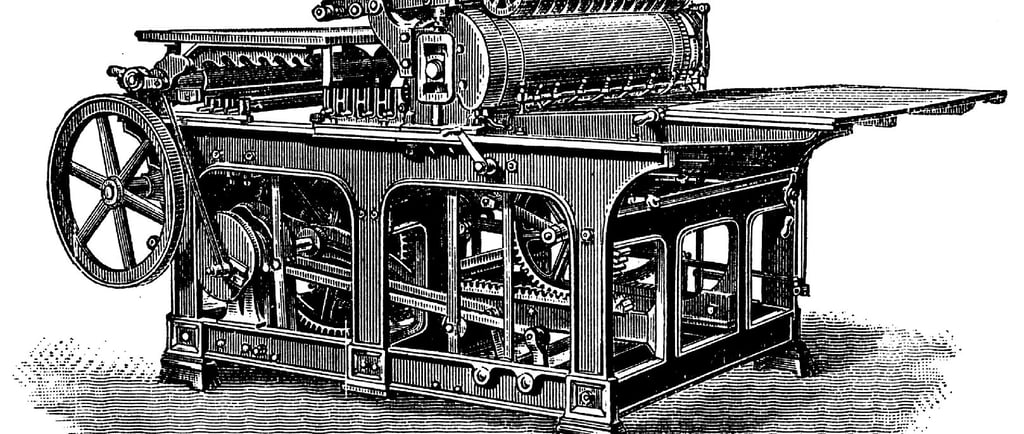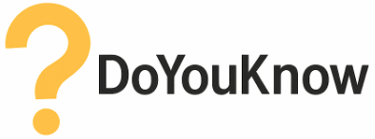Do You Know How Printing Changed the World
#DoYouKnow, #PrintingPress, #KnowledgeRevolution, #HistoryOfBooks, #WorldHistory, #EducationHistory, #Innovation
KNOWLEDGE & EDUCATION
7/20/20251 min read


Do you know that the invention of the printing press by Johannes Gutenberg in the 15th century revolutionized the world? Before printing, books were copied by hand—a slow and expensive process. The printing press sparked a wave of education, literacy, and cultural development that continues today.
1. Life Before Printing
In the pre-print era:
Books were handwritten by monks or scribes.
Knowledge was limited to the wealthy and elite.
Mistakes were common, and copying was time-consuming.
2. Gutenberg’s Invention
Around 1440, Gutenberg invented a movable type printing press in Germany. This allowed:
Multiple copies to be made quickly and accurately.
Reduced cost of books.
Rapid spread of ideas and information.
3. Impact on Education
The printing press made books accessible to the general public. Literacy rates soared because:
Students could own their own books.
Schools had better learning materials.
Scientific and cultural knowledge spread faster.
4. Printing and the Renaissance
The Renaissance (14th–17th century) saw a boom in art, science, and literature, thanks to printing. Books like “The Bible” were printed and translated into local languages, empowering ordinary people.
5. Printing and Social Change
The printing press fueled:
The Protestant Reformation (Martin Luther’s 95 Theses).
The Scientific Revolution (ideas of Galileo and Copernicus).
Political revolutions (spread of democratic ideas).
6. Modern Printing and Digital Era
Today, printing has evolved to digital publishing, e-books, and online blogs like yours. Yet, the impact of Gutenberg’s invention remains unmatched.
Conclusion
Do you know that Gutenberg’s printing press is considered one of the most important inventions in human history? It democratized knowledge, transformed societies, and laid the foundation for modern education.
Knowledge
Empowering minds with reliable educational content daily.
Newsletter Signup
© 2025 DoYouKnow. All rights reserved.
Stay Ahead of the Trends – Join Our Newsletter
